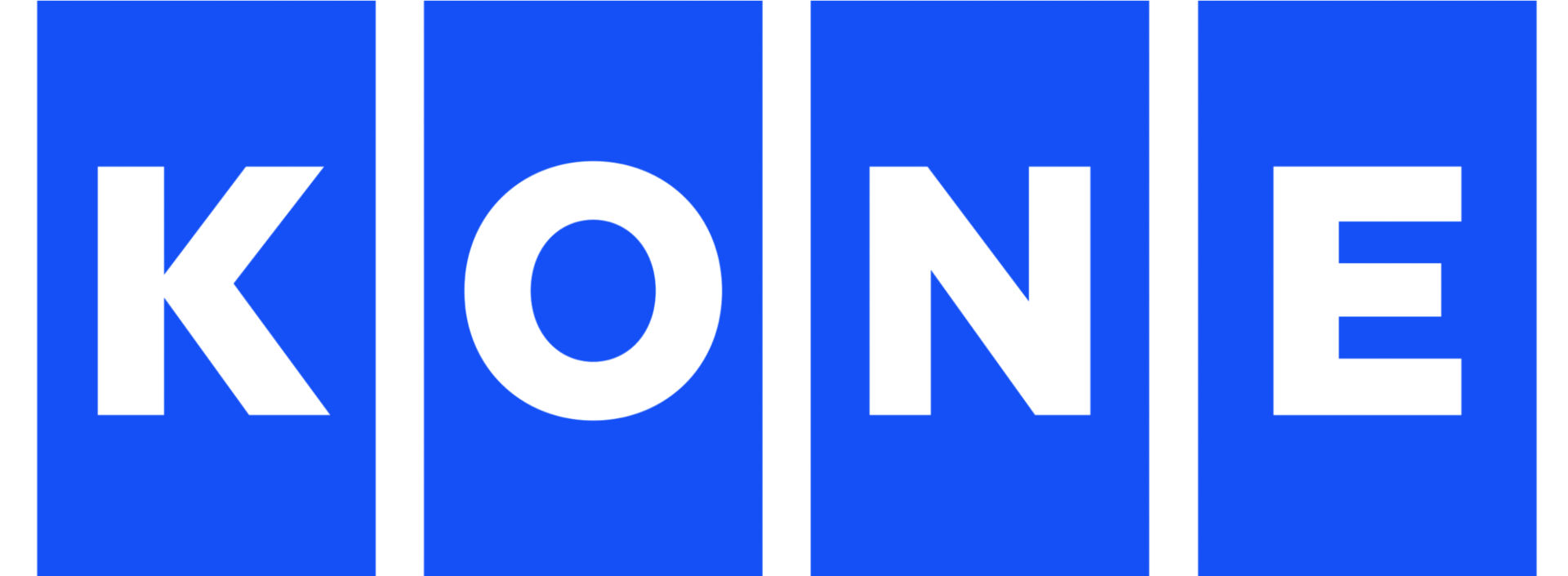Would you like to explore our corporate site or visit your local website?
Stay on Corporate site“We want to disrupt the industry,” says Teppo Voutilainen, Head of KONE’s New Services and Solutions Division. His team has a mandate to prospect for completely new businesses and models that may not even exist today.
“We have permission to look at things out of the box and create a new environment to innovate," he says brimming with excitement.
This enthusiasm stems from KONE’s renewed approach to innovation. The confluence of competition, digitalization and increasing urbanization has created new opportunities for the company. And KONE aims to harness its potential to introduce unique solutions, and fulfill its mission - to improve the flow of urban life.
"Cloud technologies, faster networks, computing power and sensor technologies are all critical pieces.”
BUILDING A COLLABORATIVE ECONOMY
The company is implementing a program of innovation acceleration. Internally, it has formed a new Technology and Innovation unit, which will bring together KONE's Research & Development and IT functions, to cater to the fast changing technological landscape.
Tomio Pihkala, Chief Technology Officer heading the new unit, is mindful of how digitalization and its related technological disruptions are driving innovation. "Cloud technologies, faster networks, computing power and sensor technologies are all critical pieces,” he says.
This is perhaps why, KONE is betting on productive partnership – like the one with IBM. KONE will use IBM's technology to harness the potential of digitalization and the Internet of Things (IoT). IBM's Watson IoT Cloud Platform will help collect and store equipment data, build applications, and develop new solutions and new experiences for KONE's customers.
That’s not all. KONE is also tapping into the buzzing start-up scene.
“We’ve organized hackathon events where we invite 15 startup teams to work 48 hours. We feed them problems to be solved and they come up with ideas,” Pihkala explains.
Tapping into the collaborative economy is part of KONE’s innovation strategy.
"Innovations will happen as ecosystems and partnerships network. More so, within global networks, and increasingly with customers who are leading the industry,” Pihkala points out.
Voutilainen agrees. “We will be in very active and open dialogue with customers and front lines, and will also be working very closely with R&D,” he says, highlighting KONE’s strategy.
GEARING UP FOR A TSUNAMI OF INNOVATIONS
KONE already has an impressive innovation pedigree. In 2016, Forbes business magazine ranked it among the world's top 50 innovation leaders, where it keeps company with the likes of Tesla, Amazon, and Apple.
Some of KONE's past innovation credentials include MonoSpace, a machine room-less elevator invented in 1996, and UltraRope™, a lightweight rope with carbon fiber that made high-rise travel possible. Both of these groundbreaking technologies redefined innovation in the industry.
But nothing stands still. Changes in market dynamics and technologies mean the company needs to exploit new areas for growth. So instead of basking in the glory of past achievements, KONE wants to ensure it remains at the leading edge of technological development, into the future.
"We need to immerse ourselves in opportunities,” says Pihkala. For KONE, this means inspiring all of its close to 60,000 employees to use their personal and professional networks to prospect for ideas.
“We have started to get many good partner proposals from countries but I want to see a bigger tsunami,” says Pihkala, whose ambitions are not restricted to certain geographies. “We need to tap into Silicon Valley, into southern India, and into Shanghai,” he says drawing a quick wish list for KONE.
PROUDLY FOUND ELSEWHERE
But can the risks, costs and payoffs of innovation be balanced – can you innovate and play it safe at the same time?
“Innovation isn’t about balance. Balance represents the status quo, while innovation means challenging the status quo. There will always be risks, but it’s a matter of understanding the nature of those risks and aligning your priorities and investments,” says Daniel Roos, Principal at Arthur D. Little’s Gothenburg office, the leading innovation consultancy in the Nordics.
Roos shares the example of an automotive company that was investing billions in R&D, yet the fear of failure kept them from truly innovating. “There are certain risks you can do nothing about, but this company tried to ignore them. Risks and failure were not tolerated, and this became a blockage. We helped them develop a new way to identify and talk about risks to get the creative juices flowing again.”
With digitization changing the ball game, organizations are increasingly moving from a ‘not invented here’ to ‘proudly found elsewhere’ mindset.
“When you push into new territory, you need new skills. Sometimes the shortest route to get there is open innovation. Successful companies are increasingly embracing open innovation ecosystems,” notes Roos.
“Innovation is and will be the driver of change in the years to come. Embracing a culture of innovation gives companies an edge over competitors and helps them stay ahead of the curve. But culture is an omnivore; it eats everything for breakfast. A poor or great culture is both the cause and the effect of innovation performance," he concludes.

